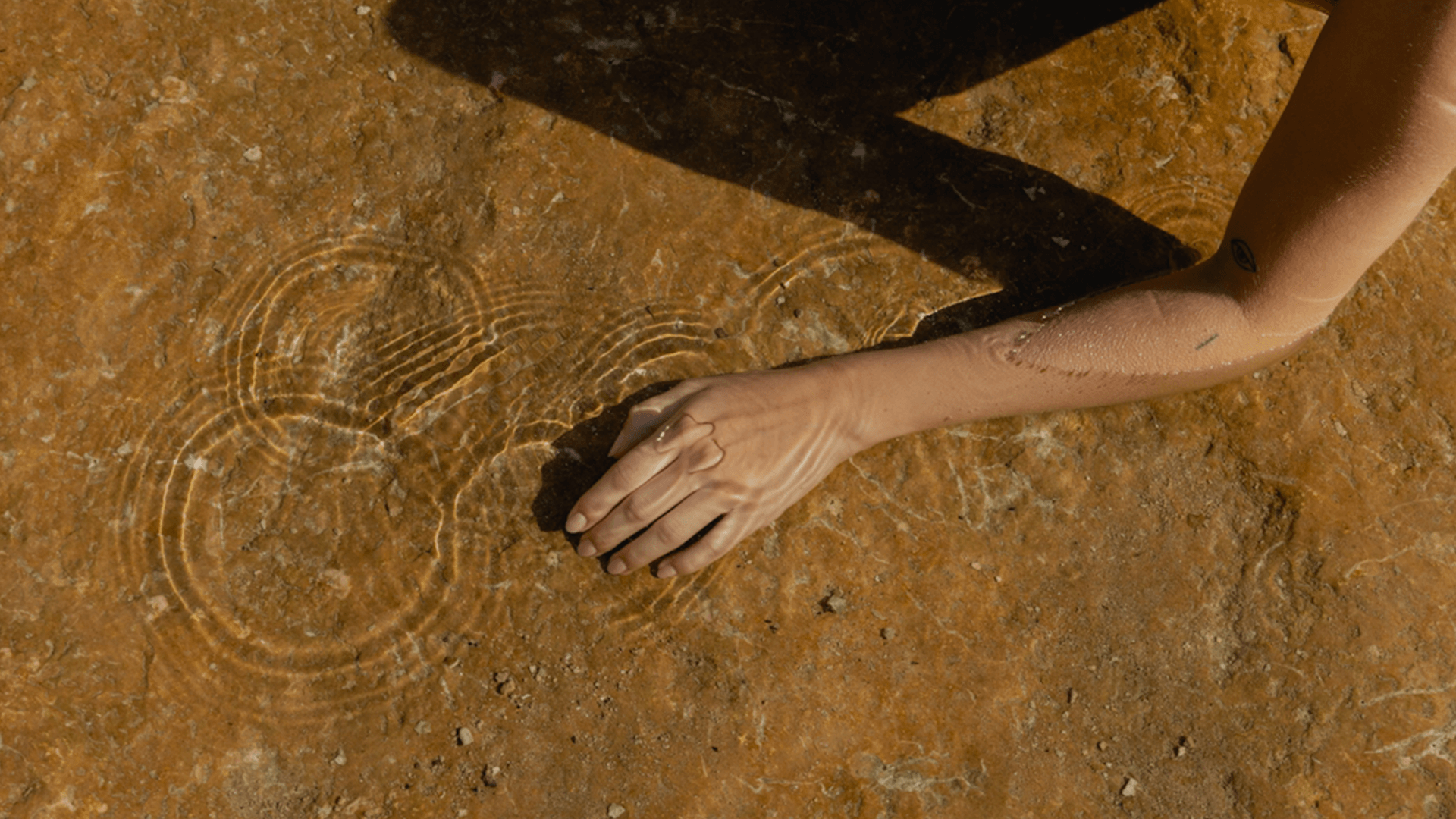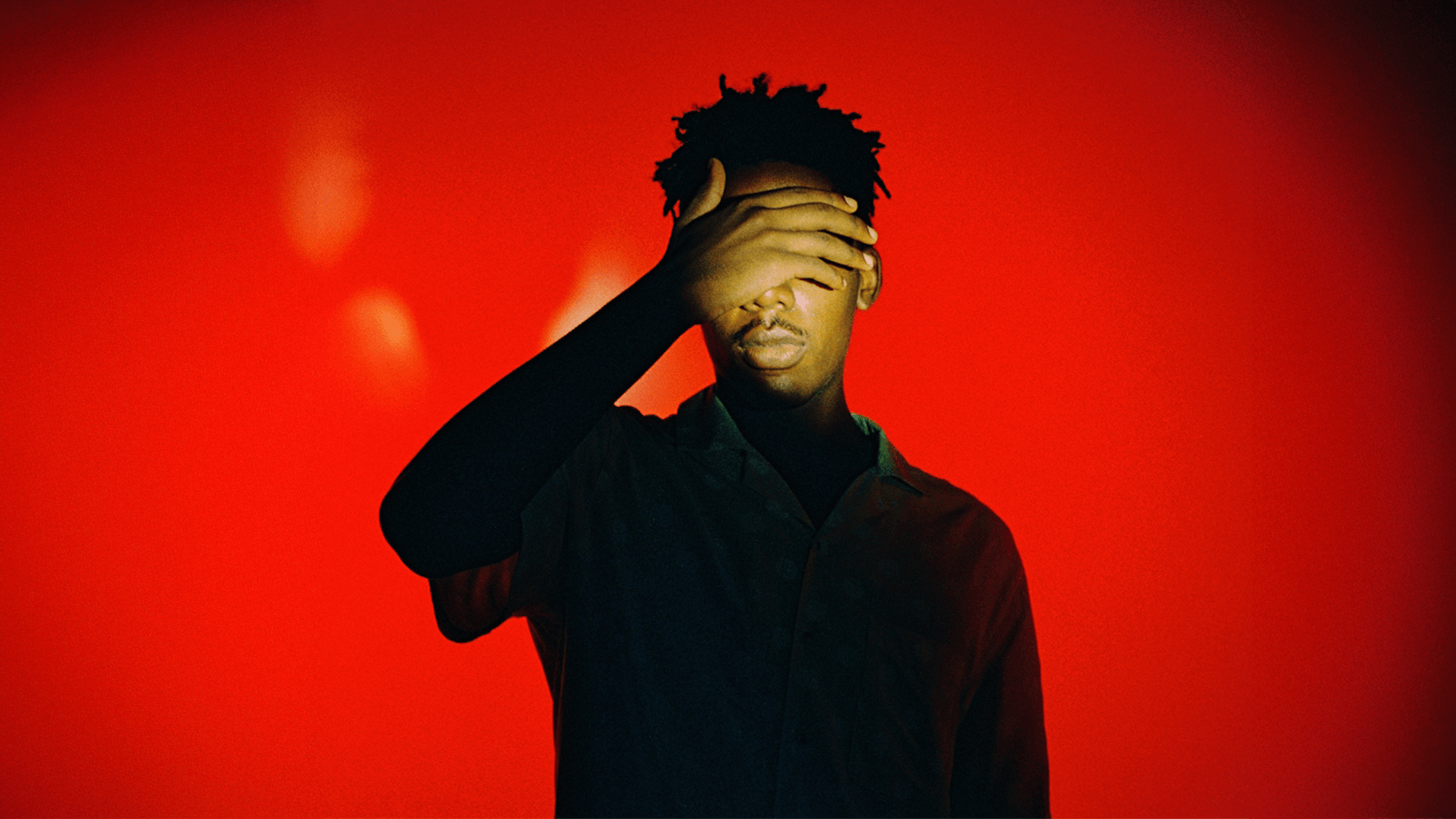“I Felt A Surreal Sense Of Calm”: A Love Letter To The Healing Power Of Water
When I first decided to take a mermaiding class in Tahiti, I didn’t expect much other than a few photo ops in pretty costumes. I definitely didn’t think that I’d fall in love the second I jumped off the boat. It was my first time in the open ocean, and I immediately felt a surreal sense of calm. As someone who has suffered from lifelong chronic anxiety, it was a shift I couldn’t ignore; one that I immediately chased post-trip with a PADI Open Water Diver certification. This marked my first time in the water at the Channel Islands archipelago in Southern California (despite growing up nearby), and resulted in a general refusal to shut up to anyone who would listen about my new obsession.

My experience of finding peace in water isn’t unique. Our bodies are around 60% water – it makes sense that we might feel a kinship to oceans, lakes and waterways. From Japanese onsens to Turkish baths and Finnish saunas that end with an ice-cold plunge, so many cultures have their own bathing rituals meant to bring out your healthiest self, while religious ceremonies use water to symbolise purification and rebirth. And before we are born, we spend nine months floating in the stuff. “It tracks that we would feel soothed by being in an aqueous environment as that was our first sensory experience,” explains psychotherapist Pam Shaffer. “Just watching and listening to waves or a flowing river can be deeply meditative.”
Zeke Motta has been an instructor at Primal Freediving in his hometown of Vero Beach, Florida, for the past few years, and has also taught classes in Bora Bora, Channel Islands and New Zealand. It was a career shift that came after the American football player (he was a safety for the Atlanta Falcons) fractured his C1 vertebrae while playing, and turned back to his love of the water to find a place of healing.
“The power that it has, just putting myself underwater – it creates such relief for me, having no gravity on your body, just being able to move in a way that creates healing,” Motta says. “It doesn’t have to be some intimidating thing, where you feel like you have to go deep. It’s just about putting yourself in the water and creating a healing place for yourself and opening yourself up to that information from mother ocean.”

That was also the experience of Zandi Ndhlovu, the Cape Town-based founder of the The Black Mermaid Foundation, a nonprofit aimed at improving access to the ocean for Black South African communities. Long before beginning her foundation, she found herself in awe during her first snorkel session – “I could not believe that a blue like that existed!” As she recalls, the beauty taught her more about her instincts and about the way the world works than she could have anticipated.
“It was just as a space of affirming all the things I knew to be true,” says Ndhlovu, “The idea that there’s no one normative; that everything can look so different, and that’s the most normal thing… there was a place and a home where no matter what I did, I still was loved infinitely. There’s a place where I could go where I’m cleansed when I’m hurting.”
It doesn’t have to be about the big things. Your reason for wanting to be in or around water is valid. Like me, Kaila Yu, a writer and influencer from Los Angeles, has made diving a regular part of her mental health routine. It’s an opportunity to tune out the noise and focus on what matters most – a small action that has the potential to be life-changing.
“I fell in love with the ocean after I got sober,” she says. “I wasn’t really able to appreciate nature before that, but the moment I truly fell in love with being underwater was my first trip to Bora [Bora]. It’s meditative and peaceful [there]. And I’m an introvert, so I love that no one can talk to you underwater!”
Laura Studarus (@laura_studarus) is a Los Angeles-based travel journalist who contributes to titles including BBC, Thrillist, Vice, Marie Claire and more




